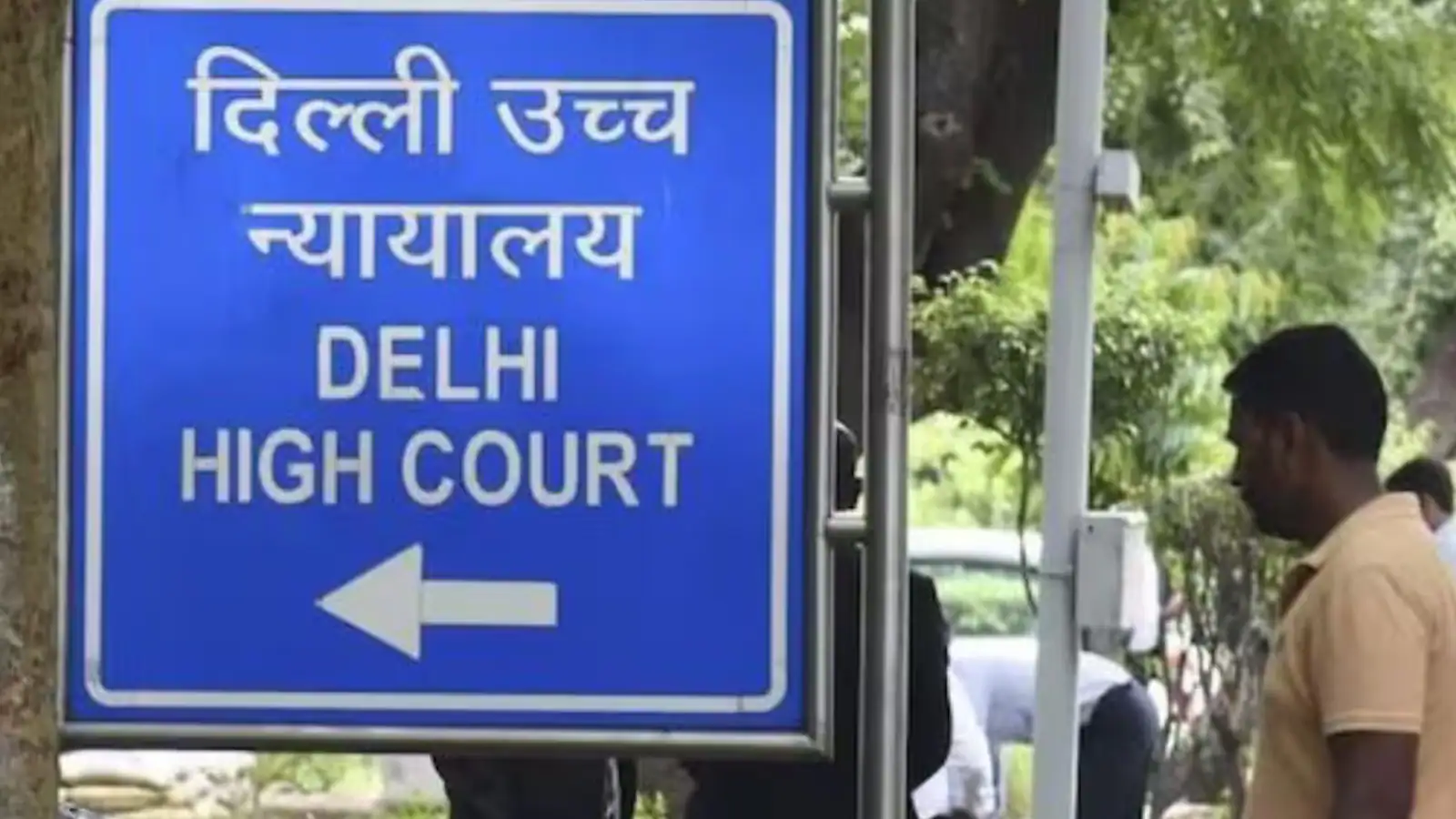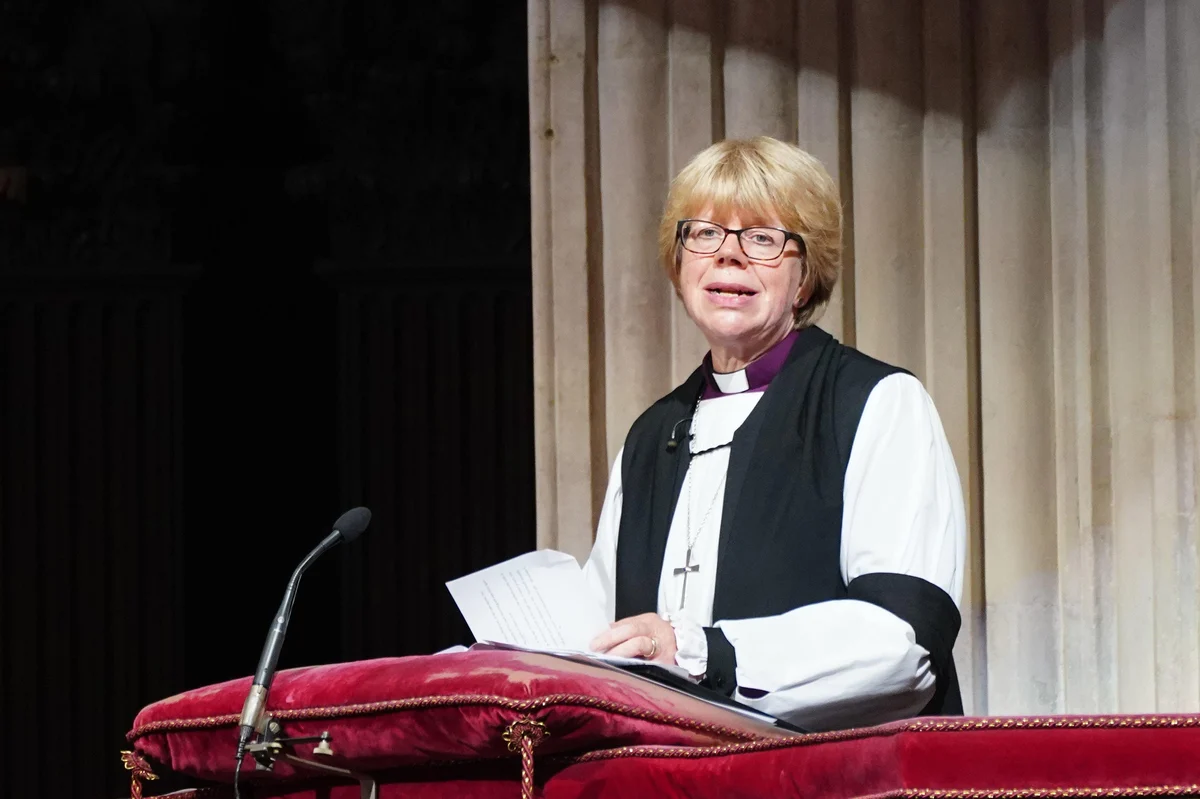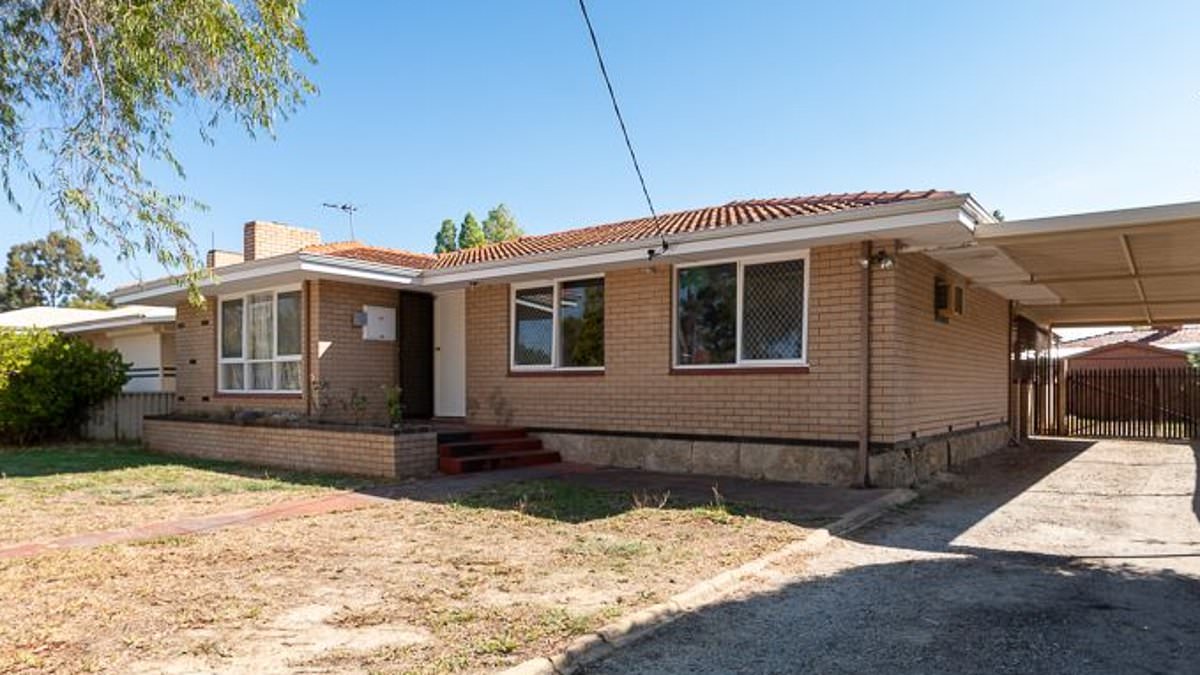By Education And Careers Desk,News18,Sukanya Nandy
Copyright news18

The Delhi High Court has expressed “deep concern” over the increasing number of student suicides, highlighting the need for an effective anti-ragging helpline as a “robust and efficient” measure, reported PTI. The high court referred to a Supreme Court order concerning mental health and student suicides in higher educational institutions, calling for urgent action.
“The court has already observed that it is deeply concerned with the issue of student suicides which are becoming more frequent, and that urgent steps need to be taken, as also underscored by the Supreme Court in Amit Kumar & Ors. v. Union of India (supra) and being monitored by the Supreme Court,” a bench of Chief Justice Devendra Kumar Upadhyaya and Justice Anish Dayal stated.
The September 10 order emphasised the urgent need for a fully operational anti-ragging helpline to establish strong, efficient, and effective processes and programmes to tackle the issue. Any delay could result in the loss of more young lives to this menace.
The high court was addressing two petitions filed by Aman Satya Kachroo Trust, seeking various reliefs concerning the management of the National Ragging Prevention Programme, which the trust had originally run since 2012 but was discontinued in April 2022 when the University Grants Commission (UGC) issued a fresh tender awarding a contract to the Centre for Youth Society (C4Y).
One plea from the trust sought cancellation of the tender awarded to the society for managing and monitoring the Anti-Ragging Programme. While the other plea sought a direction to the UGC to cancel its notice, advertisement, and tender.
In 2009, Prof Rajendra Kachroo, an academician and founder of the trust, prepared a detailed plan titled “National Ragging Prevention Programme,” aimed at eradicating ragging in higher educational institutions.
This plan included four key elements: a 24×7 nationwide anti-ragging helpline, a database of student and parent details collected through online affidavits during admission, a database of anti-ragging committees and officials of nearly 50,000 colleges nationwide, and a compliance and monitoring mechanism via a call centre-based platform.
The Supreme Court had ordered the plan’s implementation and mandated monitoring by a non-governmental agency. This led to the UGC framing the “UGC Regulations on Curbing the Menace of Ragging in Higher Educational Institutions, 2009”.
The high court disposed of the petitions, noting it did not find it necessary to delve into the larger issues raised by the trust regarding the efficacy of existing regulations or recommendations for strengthening protections, as these aspects were already under active consideration by the apex court.
The bench stated that such issues required a “robust institutional process” to examine systemic failures in regulatory and administrative mechanisms intended to safeguard student welfare.
The court said it was not inclined to interfere with the ongoing matters related to the tender, especially since the UGC counsel made a categorical submission that the work order provided to the society, under the contested tender, would expire on December 31.
“Without going into the merits of the submissions made on behalf of the petitioner/trust and the respondent 1/ UGC in court and without entering into the controversy, this court is not inclined to curtail the ongoing work by respondent 3/C4Y at the tail end of the contract,” it said.
Addressing the trust’s complaints about the “ham-handed” and “lackadaisical approach” of UGC and C4Y in managing a failing anti-ragging program, the court acknowledged the rising number of student suicides in recent years and assured that Professor Kachroo would emphasize these concerns as part of the National Task Force established by the apex court.
The court expressed hope and optimism that these issues, which form a broader set of challenges affecting the anti-ragging program, would be reviewed by the National Task Force.
The petitioner presented detailed data from the National Crime Records Bureau, the All-India Survey on Higher Education, the National Medical Commission 2024 survey, and reports from various central institutions, highlighting troubling trends in student suicides.
Data revealed over 13,000 student suicides annually, exceeding the number of farmer suicides (11,000), with a 4 per cent annual increase in student suicides, which is twice the national suicide growth rate (2 per cent).
Furthermore, there were 98 suicides across central higher educational institutions between 2019 and 2023, including 11 suicides in IITs in a single year, and 122 suicides and 1,166 dropouts in medical colleges from 2018 to 2023.
DISCLAIMER: If you or someone you know needs help, call any of these helplines: Aasra (Mumbai) 022-27546669, Sneha (Chennai) 044-24640050, Sumaitri (Delhi) 011-23389090, Cooj (Goa) 0832- 2252525, Jeevan (Jamshedpur) 065-76453841, Pratheeksha (Kochi) 048-42448830, Maithri (Kochi) 0484-2540530, Roshni (Hyderabad) 040-66202000, Lifeline 033-64643267 (Kolkata)



